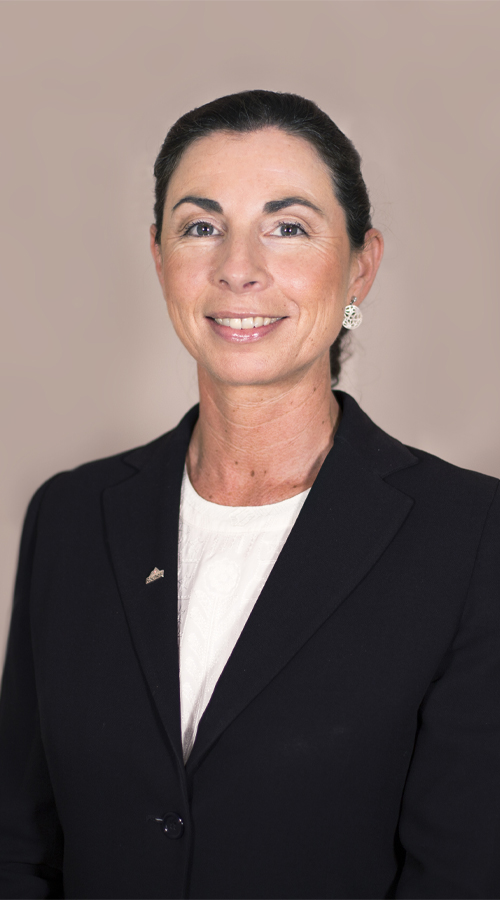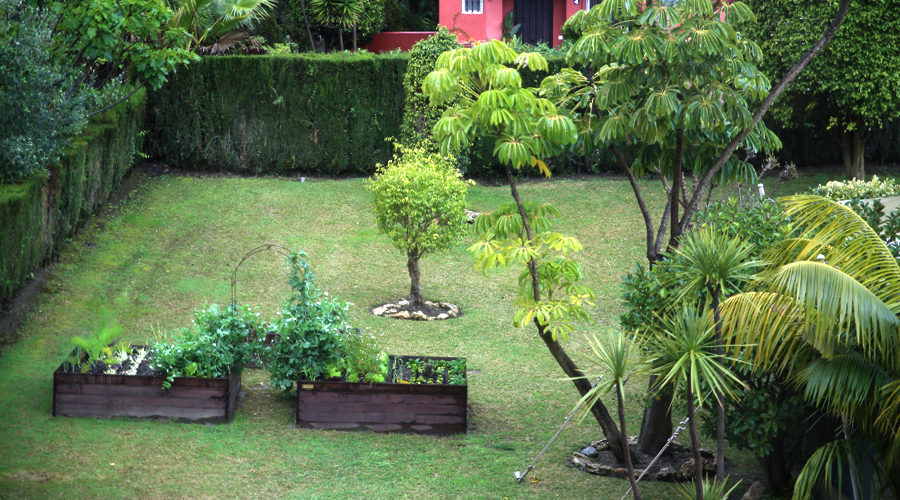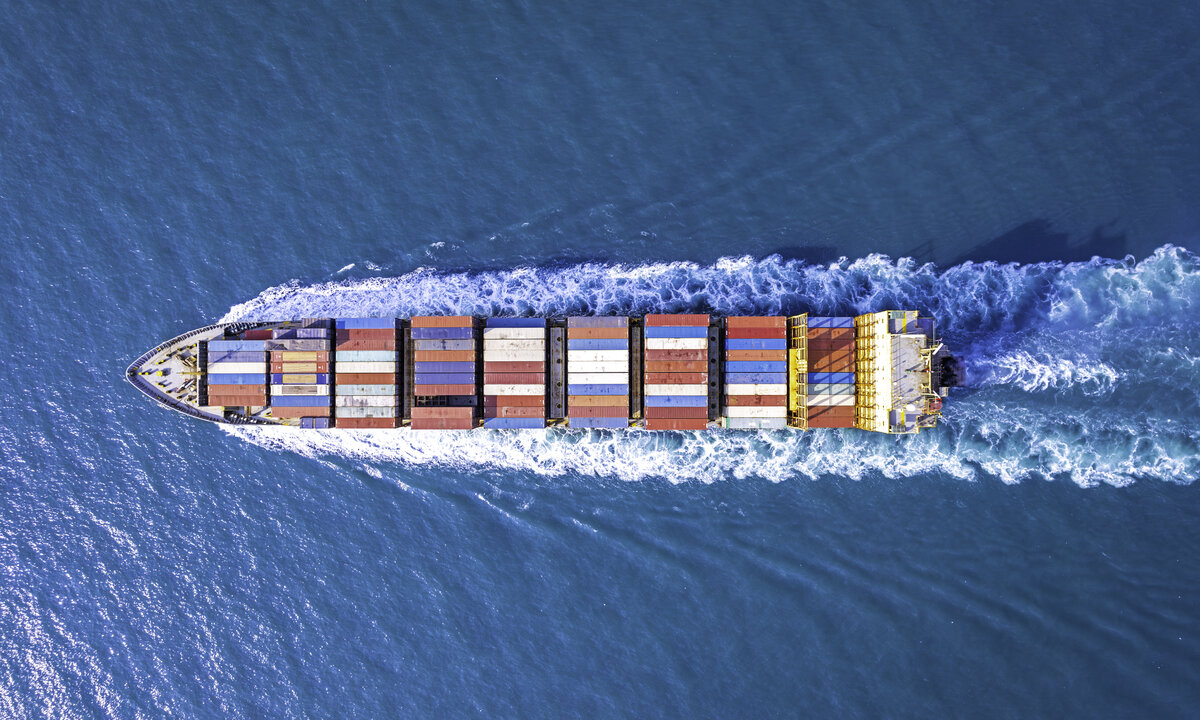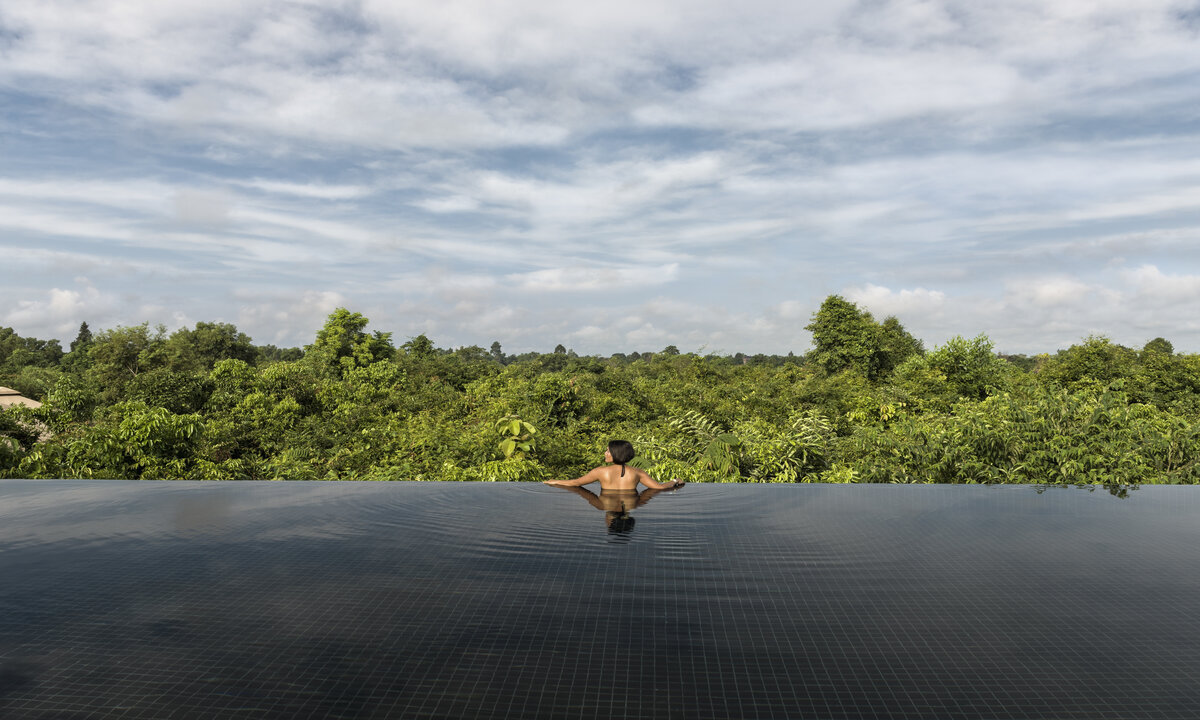In the second of two features, we spotlight some of the efforts being made in Marbella to live and study more sustainably. And if you missed part one from Crans-Montana, you can find it here.
As we’ve already discovered, sustainability is an issue that resonates with Les Roches students; this is certainly true in Marbella, where the campus has placed sustainability high on its academic agenda for some while now.
It was back in 2013 when Les Roches Marbella introduced its first course in sustainability for Bachelor students. Since then, sustainability courses have been rolled out across the program portfolio.

“Our job as educators is to make them understand the importance of leading a sustainable lifestyle…”
Some of the related courses in the BBA program include: Environmental Waste Management; Principles of Sustainability and Innovation; Sustainable Development in a Globalized World; and Responsible Global Citizen and Socially Responsible Organizations. Now the academic team are also working to implement a final semester BBA specialization in Sustainability.
“Les Roches Marbella prepares the students for a future in which sustainability is at the core of any business, not only in hospitality,” explains Maria Eugenia, from the Marbella faculty department. “Our job as educators is to make them understand the importance of leading a sustainable lifestyle and to make sure that they can contribute to the achievement of the United Nations Sustainable Development Goals.”
This works inside and outside the classroom. Throughout the student journey in Marbella, as part of the way of life on campus, they get involved in a host of activities. These include volunteering to participate in events to raise funds for different charitable organizations; beach clean-ups; student-organized workshops to teach other students how to recycle used clothes; markets to sell second-hand clothes; and much more…
Shifting perceptions
Another initiative involving students at both campuses is ShiftIn’, an annual international event aimed at shifting innovations (hence: ShiftIn’) in the hospitality industry to create a more sustainable present and future.
Now in its third consecutive year, ShiftIn’ brings together a community of students from hospitality education institutions, academics and industry experts in innovation and sustainability across the globe. For the 2021 edition, there was an online event that featured multiple speakers and panelists who gave students an insight into how the industry has had to adapt and evolve to help overcome new challenges.
Alongside this, students had the opportunity to take part in a range of academic challenges, including a Hackathon, an Industry-led challenge and a 500-word essay competition aimed at identifying innovative, sustainable solutions to modern problems.
Students from both campuses took part in these challenges, with the Hackathon in particular proving popular among them. One team from Marbella consisting of BBA3 students Auxtina Aguirre Boffelli, Manal Hlioua Jilali, Farrah Bounhir Machoudi and Tram Luu worked with clean drinking water NGO Viva Con Agua to develop a rewards-based digital platform to encourage more people to volunteer at its events, a project that picked up one of the Hackathon awards.
Other ShiftIn’ award winners from Marbella included BBA4 students Daniela Castro and Seyed Rezvani, who received the SEYS award for their 500-word essay on the importance of the Earth Charter.
Meanwhile, a team drawn from across the BBA program partnered with high-profile industry experts for five weeks to generate solutions to real-world waste reduction issues laid out by Oceanic Global, one of the school’s overarching sustainability partners.
Setting the standard
With regard to social responsibility, the Marbella campus follows SGE21 which is the first European standard that allows the implementation, auditing and certification of an ethical and socially responsible management system. SGE21 covers areas such as organization governance, people, customers, investors and supply chain.
The campus is also committed to follow the standards set by ISO 14001, which is a global and sector-independent standard for the introduction and continual improvement of Environmental Management Systems in companies around the world. Among other benefits, ISO 14001 offers an effective framework for working towards the UN Sustainable Development Goals.
At its best, sustainability works from the ground up, because it’s at the operational level where environmental ‘wins’ can be delivered consistently. This mindset, learned on campus, proves a huge benefit to students once they graduate and get out into the world of work.
In the campus F&B department, for example, take-away and room service food is placed in boxes and packaging made from biodegradable/compostable material. Recycling is also a major focus: colored bags are used for recycling different materials (organic, plastic, paper, glass); also, used oil is separated and sent away to be recycled, while plastic containers of chemical products are additionally separated to be collected for recycling.
The F&B sustainability drive encompasses more than packaging – the food itself is also starting to be produced ‘in-house’. The campus now has its own organic garden, with plans to expand in the coming months so it can produce enough vegetables to complement the food for a restaurant with 20 covers.
Last but not least, cleaning tools (such as wipes) are made from recycled materials. And from this month, 90% of the cleaning products used in Marbella will be eco-friendly.
Charity also begins on campus. Twice a week, Marbella donates unwanted food to the Red Cross, while any items of faulty or obsolete furniture and equipment are collected so they can be donated to charity.
The final area to spotlight in Marbella is energy management. This Mediterranean resort is legendary for its sunshine, with an amazing 320 sunny days per year on average. With this in mind, the campus has a project to install solar panels that will provide around a third of the total energy consumption. Right now, the campus team is working on the implementation of electric cars charged by photovoltaic solar panels, which the students will be able to rent.
In addition, all lamps have been switched to LED, while the exterior lighting system, as well as the lights in the corridors, are time controlled so they are only lit when required.
As sustainability becomes increasingly hard-wired into life on both Marbella and Crans-Montana campuses, we’ll surely be revisiting this important topic in the future. Watch this space!
Keep reading about Les Roches:
- Campuses rise to the climate change challenge – part one: Crans-Montana
- 10 women leading the way
- How a career in sustainability is proving a lifelong learning experience for alumnus Lars Ljung
- Inside Spark – Students work with Valiryo Technologies to bring the Body Dryer to hospitality
- These 11 start-ups are reaching for the sky at Spark




